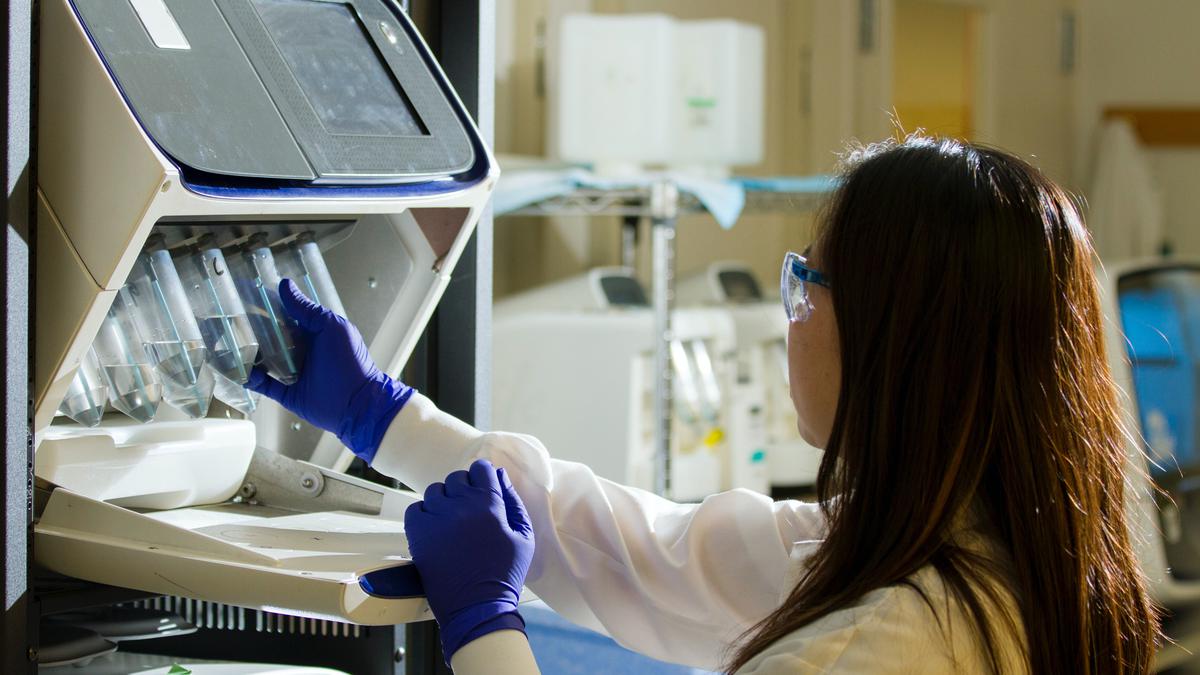
Newborn genome-sequencing unlocks the blueprint of health Premium
The Hindu
One recent study conducted by the US NIH BabySeq project, and published in the American Journal of Human Genetics, evaluated the sequences of 127 apparently healthy and 32 sick infants. It found that just over 10% of infants had an unanticipated risk of genetic diseases. When these infants were followed up for three to five years, sequences revealed the causes of disease in three infants; in the remaining 14, a better picture of the risk made way for better medical surveillance.
This article is part of a fortnightly column exploring contemporary concepts and issues in genetics.
Imagine a situation where a severely ill newborn is in the ICU and a fast, effective diagnosis could enable effective treatment – a scenario that plays out practically in every neonatal ICU on a regular basis. The situation is complicated when the disease affecting the baby is not common and known to many clinicians, and could be buried in medical textbooks or databases.
There are 6,000 or so genetic diseases, of which around 3,500 diseases have been documented, and a much smaller number have had their molecular and/or genetic defects mapped.
A significant number of diseases in the population are also treatable but are nevertheless prevalent.
Newborn screening programmes now in vogue in different countries, and which have been deployed in some states in India as well, are based on the fact that an early diagnosis could allow us to use effective treatments and save an infant from death or disability.
For example, in the U.S., healthcare workers screen for around 30 diseases, including treatable ones of the blood, the endocrine system, and metabolism.
Then again, in many cases, they lose the window of opportunity because standard newborn-screening programmes are limited in the menu of genetic tests they cover.

Andhra Pradesh CM Chandrababu Naidu inaugurates CNG, PNG projects in Rayalaseema region. Andhra Pradesh has the unique distinction of being the second largest producer of natural gas in India, thanks to the Krishna-Godavari (KG) Basin, he says, adding the State will lead the way towards net-zero economy.










